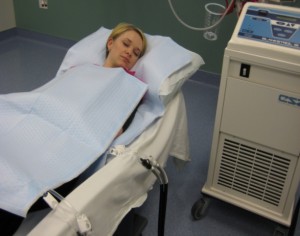Cardiac arrests that can be treated by electric stimulation, also known as shockable arrests, were found at a higher frequency in public settings than in the home, according to a recent study.
The study compared home and public cardiac arrests under various scenarios. For example, the study considered whether bystanders or emergency medical services (EMS) personnel witnessed the cardiac arrest, and whether the person experiencing the arrest received treatment with an automatic external defibrillator (AED). [Read more…]
